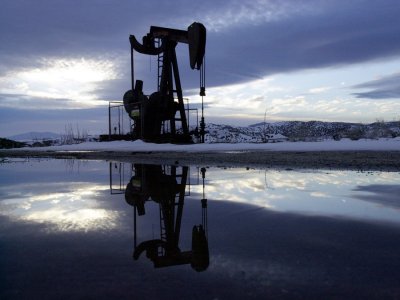Independent marketers of refined petroleum products in Nigeria have blamed building fuel queues around the country on the Central Bank’s (CBN) foreign exchange restriction policy.
On Wednesday, the Nigerian National Petroleum Corporation (NNPC) had identified foreign exchange restrictions and coastal allocations as “top of the key issues faced by independent marketers”.
In a meeting with Ibe Kachikwu, group managing director of the NNPC and state minister for petroleum resources, the marketers asked that measures be taken to ease restrictions placed on them to get forex to import refined oil.
Kachikwu, in his reply to their plea, urged major marketers who were not affected by the CBN policy to lead the team on erasing fuel scarcity in the country.
Advertisement
He acknowledged the forex issues and said he was working on seeing some relief for the independent marketers. He added that he would “do whatever it takes to address the policy and financial constraints being faced”.
The CBN had initially stopped selling foreign exchange to businesses for the import of 41 items, which did not include refined petroleum products.
However, businesses have complained of lack of forex to do their businesses, with the CBN insisting that it sells forex only to legitimate businesses.
Advertisement
Meanwhile, Kachikwu warned that depots in Lagos who are refusing to sell fuel would be sealed by the Department of Petroleum Resources (DPR).
“Depots in Lagos that have products but are refusing to sell will have their depots sealed by DPR. We shall track which stations have product availability and this data will play a part in determining PPPRA allocations in January.”
The NNPC also released a daily fuel dispatch report, showing which filling stations got fuel and how much they got to sell to Nigerians in a bid to eliminate queues.
The state-owned oil corporation had initially said it had 1.4 billion litres of petrol for November alone, emphasizing that the scarcity was not for lack of fuel.
Advertisement
Add a comment







